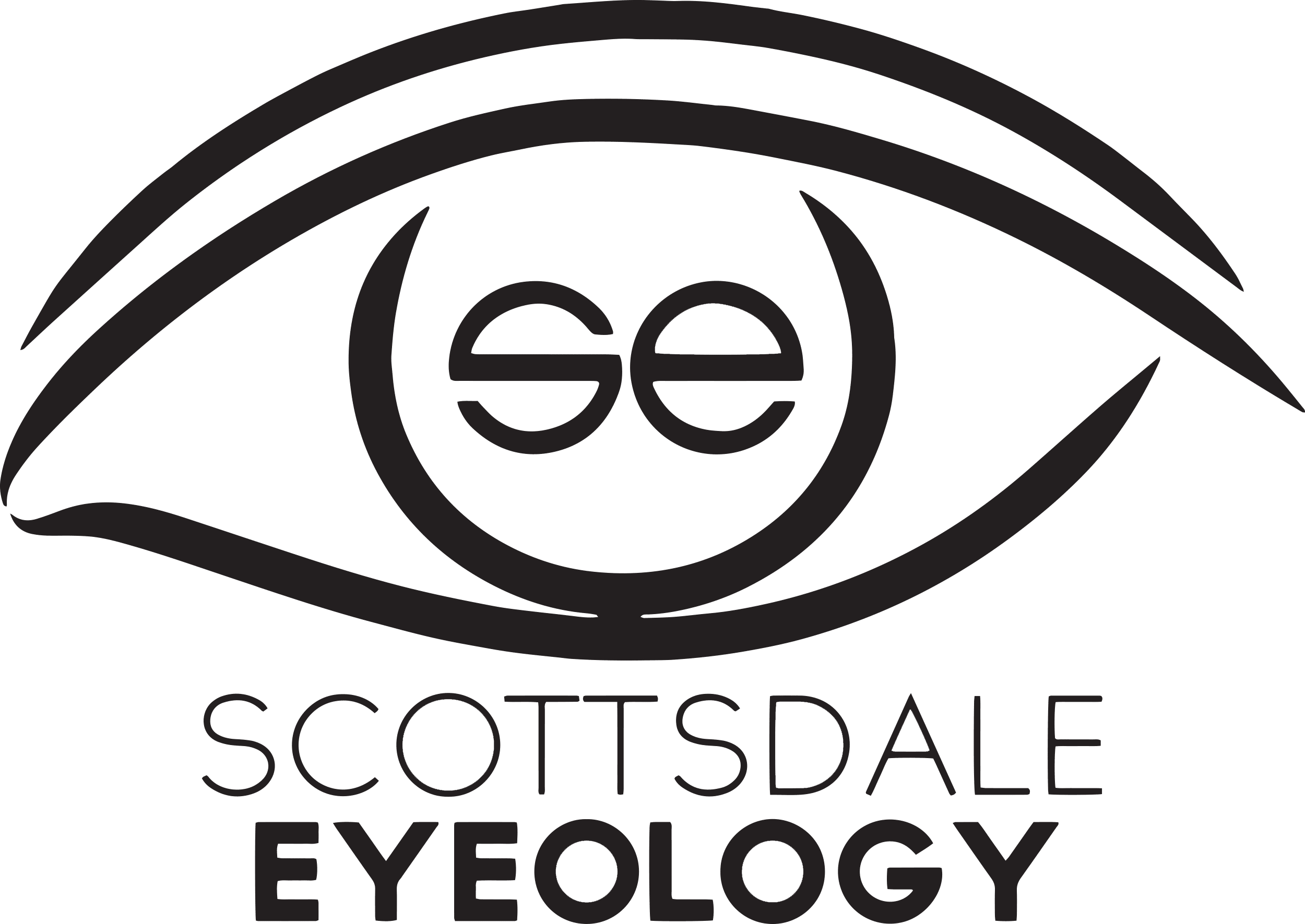Macular degeneration is a frustrating and often debilitating eye condition. Macular degeneration can cause vision loss, blurriness, and distortion of your central vision. While treatments are available to help manage or slow the progression of Macular Degeneration, it’s important to know whether the condition is hereditary to understand its risk factors better.
Is Macular Degeneration Hereditary?
Macular Degeneration is a complex disorder with many possible causes; no single cause has yet been identified. Macular degeneration is a condition that can affect people of all ages and genders. However, it’s more likely to occur in individuals over 55. In some cases, macular degeneration may be hereditary, but this isn’t always the case.
Age-Related Macular Degeneration (AMD) vs. Hereditary Macular Degeneration
Age-related Macular Degeneration (AMD) is a form of Macular Degeneration caused by age-related changes that happen to the macula. The macula is an area near the center of your eye responsible for central vision. AMD usually affects both eyes and can cause vision distortion, blurriness, and central vision loss.
Hereditary Macular Degeneration (HMD) is a form of Macular Degeneration inherited from either one or both parents. This type of Macular Degeneration usually affects just one eye but can affect both. It’s important to note that even if Macular Degeneration runs in your family, it doesn’t necessarily mean you will develop Macular Degeneration yourself, as other environmental factors are at play.
Diagnosing Macular Degeneration
If you have any symptoms of Macular Degeneration, it’s essential to see an ophthalmologist immediately. Macular Degeneration can’t be diagnosed with an eye exam alone. However, if Macular Degeneration is suspected, your ophthalmologist may order additional tests, such as a Macular Scan, to confirm the diagnosis.
Treatment Options for Macular Degeneration
There is no cure for Macular Degeneration, and treatment options vary depending on the severity of symptoms. Your ophthalmologist will work with you to determine which treatment plan best suits you. Treatment options for Macular Degeneration include lifestyle changes (quitting smoking, eating a healthy diet, etc.), vision rehabilitation therapy, medications, injections in the eye, and surgery.
Macular Degeneration can be hereditary in some cases. However, Macular Degeneration is a complex disorder with many possible causes, and no single cause has yet been identified.
Symptoms of Macular Degeneration include; blurriness, vision loss, distortion or waviness of your central vision, dark areas in your central field of view, difficulty recognizing faces and colors, and difficulty reading or doing other activities requiring sharp central vision.
Treatment options for Macular Degeneration include lifestyle changes (quitting smoking, eating a healthy diet, etc.), vision rehabilitation therapy, medications, injections in the eye, and surgery. Your ophthalmologist will work with you to determine which treatment plan best suits you.
The Final Thought
Macular Degeneration is an age-related condition that can cause vision loss and blurriness. Macular Degeneration may be hereditary in some cases, but it’s important to note that even if Macular Degeneration runs in your family, it doesn’t necessarily mean you will develop Macular Degeneration yourself, as there are other environmental factors at play as well. If you have any symptoms of Macular Degeneration, it’s important to see an ophthalmologist immediately. Treatment options for Macular Degeneration vary depending on the severity of symptoms and can include lifestyle changes, vision rehabilitation therapy, medications, injections in the eye, and surgery.


